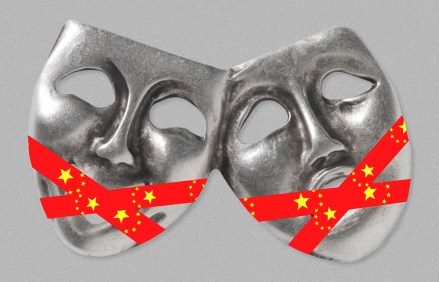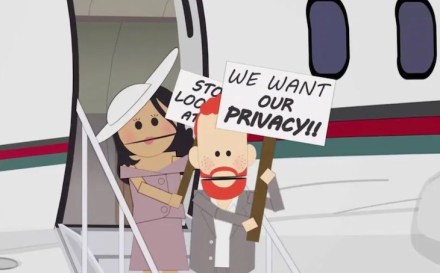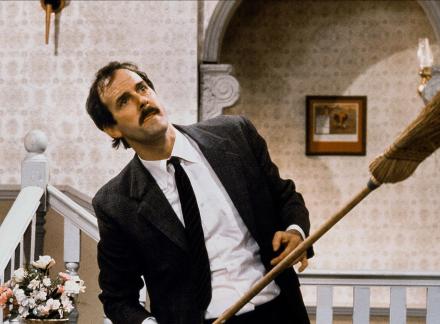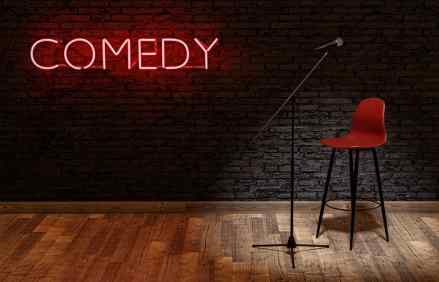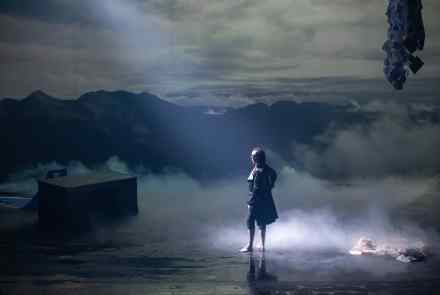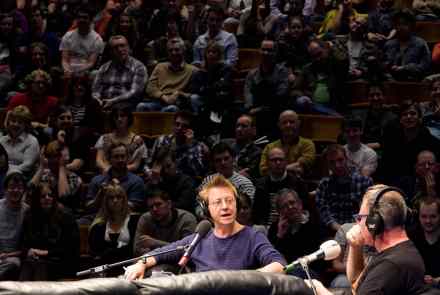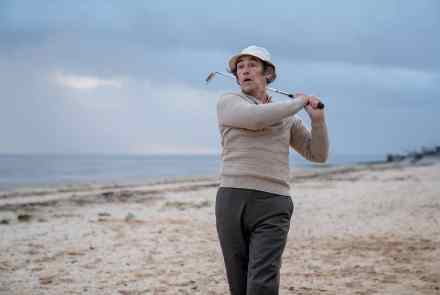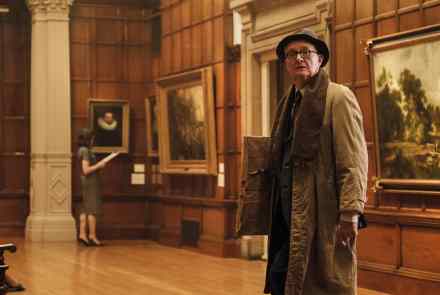Gag order: China’s stand-up comedy crackdown
‘The Chinese Communist party is probably the funniest thing that exists,’ the dissident artist Ai Weiwei once told me, ‘but it doesn’t have a sense of humour.’ The brave band of comics in China’s fledgling stand-up comedy scene are discovering that poking fun at the grim-faced old men who run the country with an ever-tighter grip is a dangerous pursuit. Last month, at a comedy club in Beijing’s Dongcheng district, 31-year-old Li Haoshi mocked a military slogan coined by President Xi Jinping. Li said that ‘Forge exemplary conduct! Fight to win!’ reminded him of his two dogs chasing a squirrel. A clip of the show spread rapidly online. The Beijing
